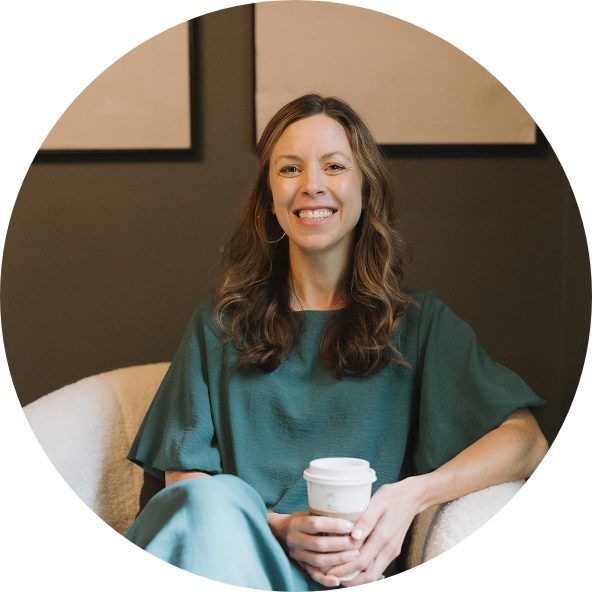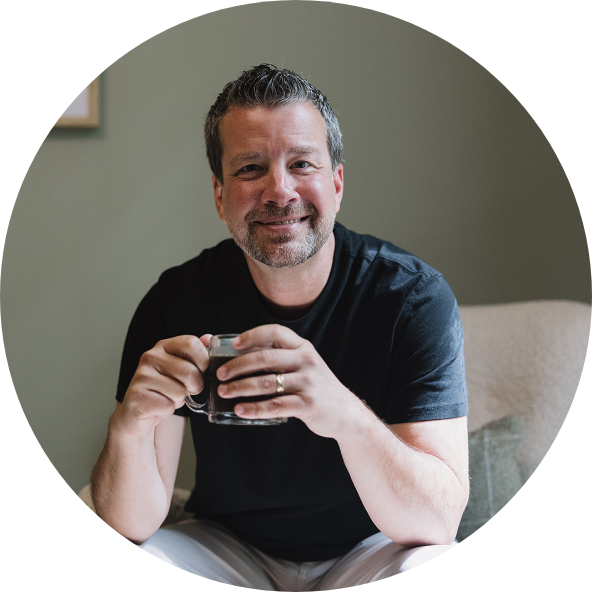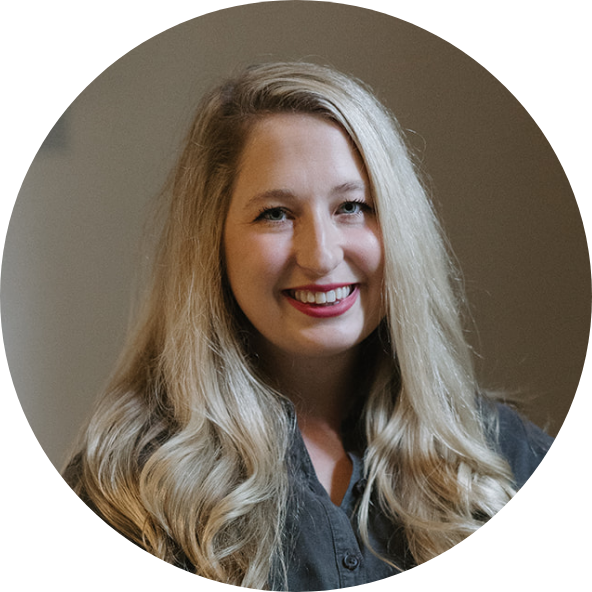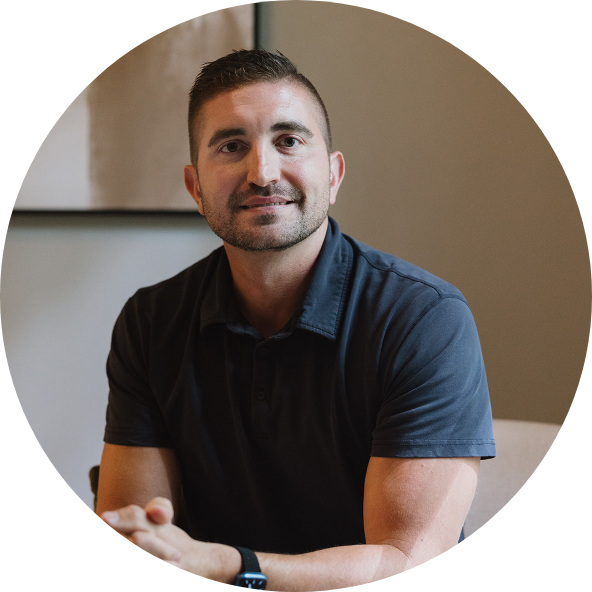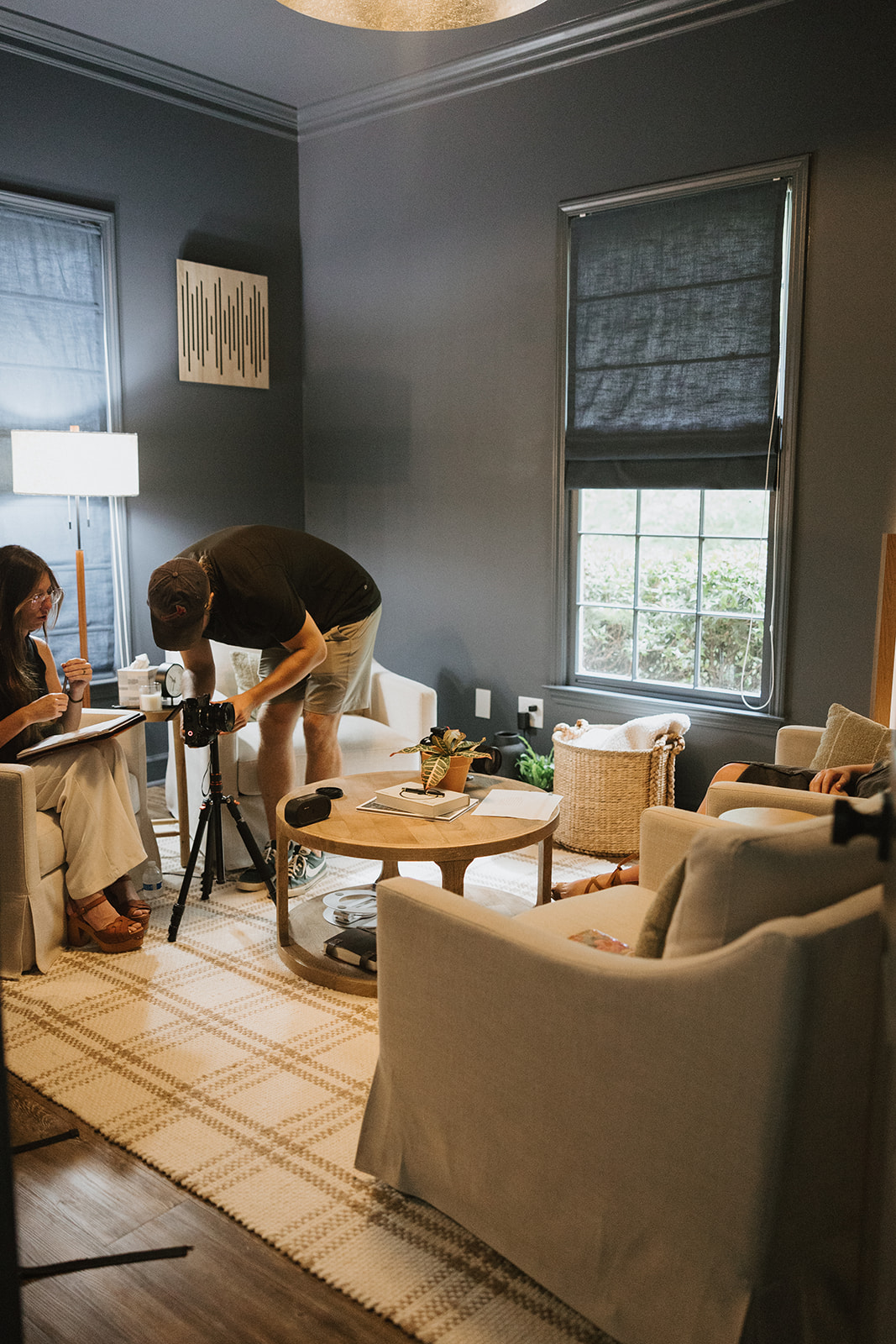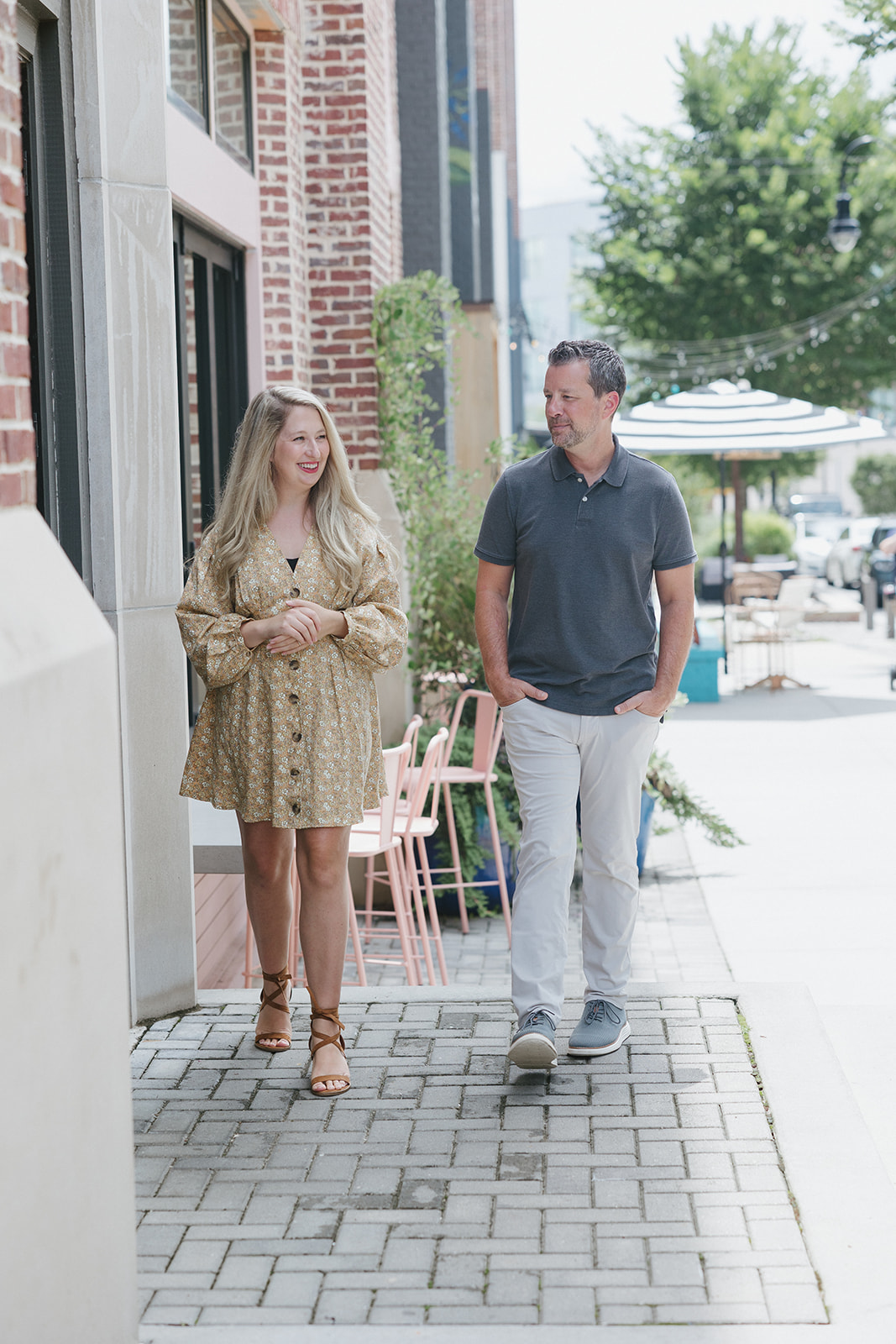This past month, I, Mary Laughlin APC, embarked on a journey of sorts. It wasn’t life-altering, but it did take me into the unfamiliar: a new city, navigating icy mountain roads in four-wheel drive, and shepherding four teenagers and six bags through airports, shuttles, and airport trains—all while attempting to dodge attitudes and altitude sickness.
By the time we arrived at our destination 32 hours later, I felt that deep, gratifying exhaustion that comes from accomplishing a goal. I wanted to call for a team huddle and celebrate our success, but my enthusiasm wasn’t exactly shared! While I reflected on how far we had come, the teenagers were already focused on the fun ahead. And in that moment, I was reminded of the hero’s journey—a concept that deeply resonates with the work that happens in the therapy room.
The hero’s journey, based on Joseph Campbell’s work, describes an adventure into the unknown where the hero faces uncertainty, finds allies, travels through an abyss, meets a mentor, and eventually returns home transformed. It’s the backbone of so many compelling stories because, without challenges, there is no growth. While my experience wasn’t extreme, it still stirred feelings of discomfort and resilience.
As a trauma and recovery therapist, I witness many clients navigating their own hero’s journeys—ones they didn’t necessarily choose. Some feel trapped in the abyss, alone and uncertain of who they are on the other side. Their journeys may stem from emotional or physical neglect, abuse, prolonged stress, or traumatic events beyond their control. These experiences often leave lasting imprints, making everyday life feel like a battlefield of uncertainty.
While every person’s recovery is unique, there are small yet impactful steps that can help along the way. Consider the following as mini-journey’s. Pick one to try to this week and just notice any shifts in how you feel:
Move your body. Even small movements can create significant shifts. Stretch, dance in your kitchen, or take a deep breath and stand tall.
Nourish yourself. Make a simple meal or just cut up your favorite fruit or vegetable. Put it on a real plate—ceramic, glass, or even paper if that’s what you have.
Engage your hands. Pick up a pen and journal for 10 minutes or type freely on your laptop. It doesn’t need to be perfect—just keep your hands moving. Author Julia Cameron calls this “morning pages,” but I’ve found that writing before bed also eases my mind.
Step outside. Even for a few minutes. Breathe in the fresh air, notice the colors around you, and pay attention to any feelings that arise.
Focus on the next right step. If it helps, say it out loud: “Okay, the next step is…” Avoid the overwhelm of thinking too far ahead. Mindfulness is about being in the present, and focusing on just one step can quiet the spiral of overthinking.
Slow down. Do less. Prioritize what truly matters that day. In a culture that glorifies hustle, slowing down can feel radical—but it’s essential. When I used to teach art, I’d tell my students, “Go slow to go fast.” Mastery begins with patience.
Embrace being a beginner. Learning to navigate the difficult parts of life often requires new skills. Seeking out mentors and a support team can make all the difference.
Find your allies and guides. These are the people who check in on you, cheer you on, and support your growth. They might be friends, family, or a therapist—someone to help guide you home to yourself.
Finally, and most importantly, be kind to YOU. If I had to summarize the hero’s journey—or the therapy process it would be this: Learn to be kind to yourself, especially to the parts of you that had to take unexpected journeys. Because healing isn’t just about getting through—it’s about coming home to who you truly are.
By Mary Laughlin, APC
At The Pursuit, we believe in empowering you to live your best life. Located in Fayetteville, GA near Town at Trilith and Trilith Studios, our team of skilled therapists is dedicated to providing exceptional, personalized counseling services. Whether you\’re seeking support for life transitions, anxiety, trauma, or personal growth, we prioritize evidence-based strategies, compassion, and tailored treatment plans to meet your unique needs.Want to start your Pursuit of meaningful change and personal growth?
Continue reading to explore how The Pursuit can help you navigate life’s challenges with confidence and clarity.




